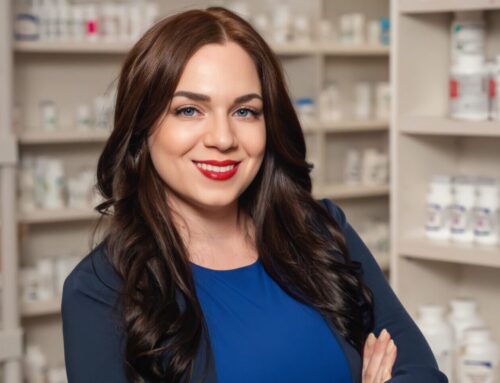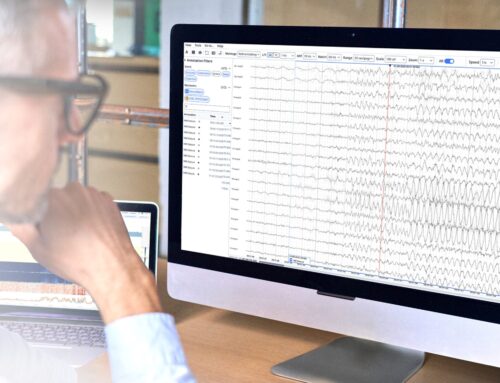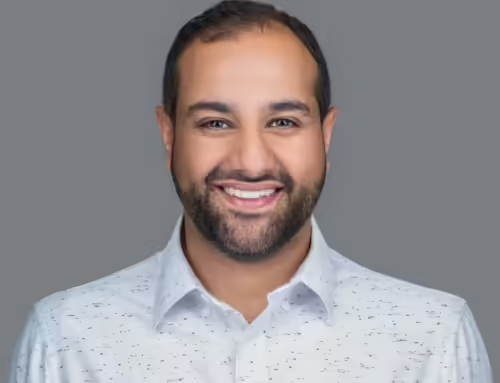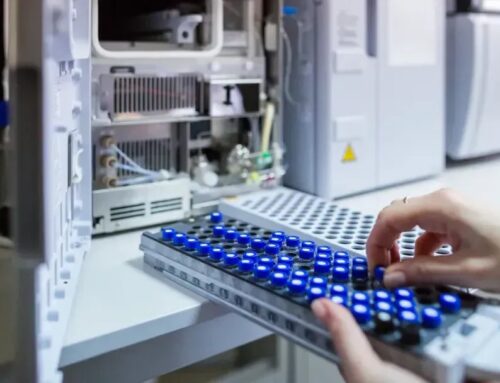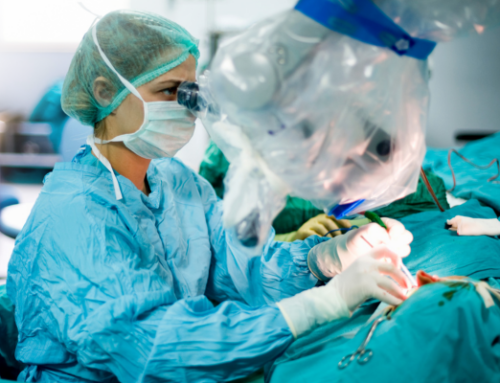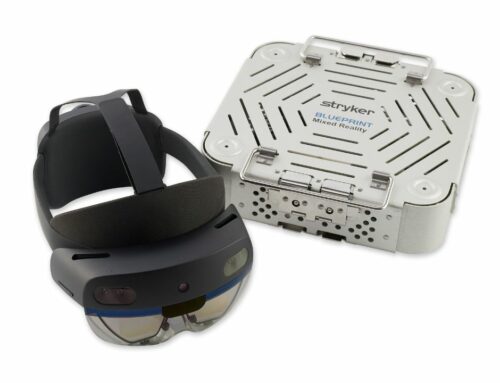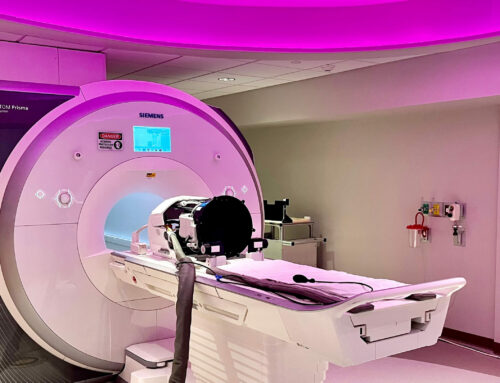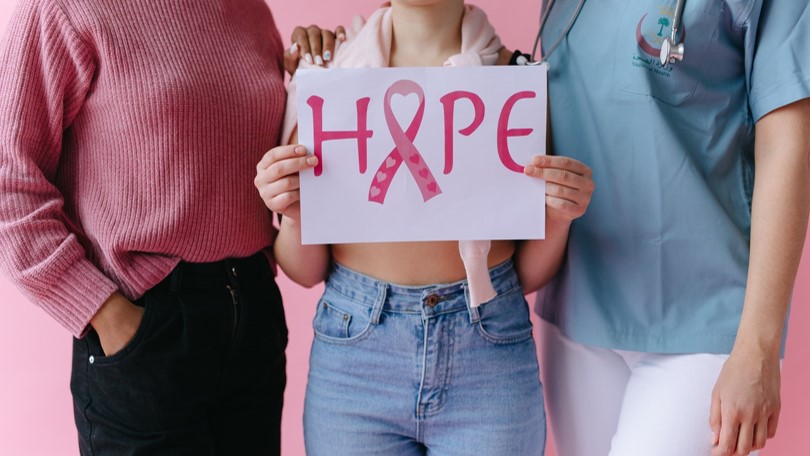 By Michelle Edwards, CEO at Martell Diagnostic Laboratories, Inc. |
By Michelle Edwards, CEO at Martell Diagnostic Laboratories, Inc. |
As many breast cancer survivors will tell you, knowledge is power. It’s scary, but helpful to know what is happening to your body. When so much is beyond your control, knowledge can provide a sense of control over your situation.
The process of treating breast cancer is a lot more involved than simply chemotherapy and surgery. Doctors will need to assess or monitor the cancer cells and tumor size over time, which involves you taking periodic tests. Each test is basically a status check on your cancer recovery journey.
With that in mind, let’s share the knowledge – here are 7 things to know about breast cancer testing.
1. There will be a lot of tests…
Sometimes the journey starts with feeling a lump in your breast. Sometimes it begins with a mammogram. Either way, some type of test is performed. Your health care provider will take a small sample of the lump – likely a needle biopsy (a test which removes a small tissue sample) – to determine if it’s cancerous and, if so, which type of cancer is present. The goal will then usually be to shrink the tumor through pre-surgical therapy, which involves an IV treatment every three weeks for 18-24 weeks, and may include additional drugs to prevent you from getting sick. Afterward, the surgery will investigate and remove the tumor as well as check the lymph nodes for additional cancer spread (another test). If there is still tumor present, expect more chemo and radiation therapy, as well as medication for a year (plus more tests to ensure it’s working). At this point, hopefully you’ll receive the news that your cancer is in remission! Going forward you will continue to care for and check in with your body (using more tests).
Bottom line, there will be a lot of testing. But for good reason! The tests help monitor what’s working, how much progress is being made, and what other impacts there are. Each of these tests are an important step in your cancer recovery journey.
2. The types of tests vary widely
Each test looks for information about cancer, but they vary in what information they seek. Essentially, there are three different types.
- Screening Tests – You likely have already experienced these tests. The self-test breast exam, mammograms, and even blood work are an easy way to screen for cancer. They provide an initial look that determines whether there is potential for cancer, and while they tend to be less accurate and can include false positives and negatives, they are at least a starting point.
- Risk Testing – These are more specific tests to show whether you’re at risk or have a genetic predisposition for certain types of cancer. Before testing, you must determine whether you want to know information that you may or may not be able to act upon.
- Scans/Imaging – A step up from screens, imaging aims to provide more accurate information without being as invasive as sample tests. Ultrasounds, x-rays, and MRIs are common examples of scans used in breast cancer therapy. This step assists in determining the need for more analysis or treatment.
- Tissue/Biopsy Sample Testing – Sample testing determines whether cancer is present. They also may provide more specific details about the type of cancer or the extent to which the cancer is present. In addition to diagnosis, they help determine whether treatment is working. This may involve inserting a needle and removing a small sample, but also may involve a more invasive exploratory surgery.
3. Some tests will be easier than others
Imagine a graph where one axis is the easiness or invasiveness of a test, and the other axis is the accuracy of the test. You would see that often as the test options become more difficult or invasive, the more accurate they are. And vice versa, the more easy or less invasive a test, the less accurate the results. For example, a self-test breast exam is painless, can be done basically whenever, and takes only a few seconds; however, it is not very effective and does not provide a clear confirmation of present cancer cells. On the other hand, surgery will be very exact but also comes with days, weeks, or even months of recovery.
4. Preparation also varies – but isn’t too extensive
The preparation will vary by the test, and your doctor will tell you how to prepare for each. Generally, you can expect many tests will require you to fast the night before and morning of, as well as to do nothing strenuous with your body. More invasive tests may use an anesthetic.
You can mentally prepare by learning what to expect each time as well as by spending time with loved ones and focusing on activities that help you feel good and relaxed. Make sure to ask your doctor for tips to ease the process each time.
5. Test duration can vary
Test duration varies by test. Screening tests typically involve little prep and may take just a few minutes to take. Biopsies and surgeries will take longer. Either way, results are typically rapid, and you may have results within 48 hours, which is more timely than other types of cancer. Thank you and keep it up, researchers!
6. Tests are one of the cheaper parts of treatment – and likely insured
Both you and your health care providers want to avoid a foolish, wasteful, money-sucking treatment process or test. Costs for each of the tests are inexpensive in comparison to surgery (hundreds of dollars for tests versus thousands for surgeries). Luckily, most insurance plans will cover the cost due to the high stakes and high value of the tests. If they don’t offer, you can ask you doctor’s office to check with your insurance to see whether its covered or to recommend it to be covered.
7. You can always ask others for more information
Good news – there are many people ready to support you in this journey! Most cancer patients form a supportive relationship with their oncologist. Nurses and doctors will also be helpful, and most hospitals typically have a navigator to help you through the process. In addition, advocacy groups are wonderful. Well-known advocacy groups typically participate in raising money for research, but more local neighborhood groups exist so members can talk through experiences, give recommendations and, most importantly, to listen. Many people in these groups are former patients themselves who have experienced these tests and are wanting to partner with you in regaining your health. And as numerous self-advocated and well-learned breast cancer patients have shown, you can continue doing research and learning from books, blogs, and connections you find along the way – just like you’re doing right now!
Breast cancer is never an easy journey. Arming yourself with knowledge will help make this time less confusing, providing you with more energy to do what matters most. Keep learning and healing, and we wish you well in your journey to being cancer-free.
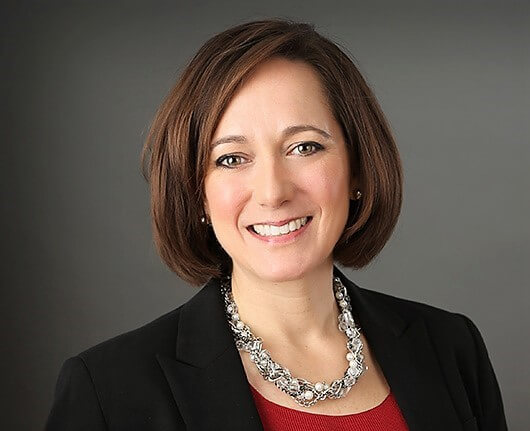 About the Author
About the Author
Michelle Edwards is CEO of Martell Diagnostic Laboratories, Inc., a CLIA certified national reference laboratory dedicated to developing and promoting simple, relatively inexpensive tumor biomarker tests that help medical oncologists manage cancer treatment. Edwards is also a seasoned life sciences executive with deep experience in the cancer space, previously serving at companies such as Navigant Consulting’s Life Sciences, Eli Lilly and Company, and for the American Society for Clinical Oncology. Learn more about Edwards and the innovative cancer tests her team is creating at www.martelldiagnostic.com.

